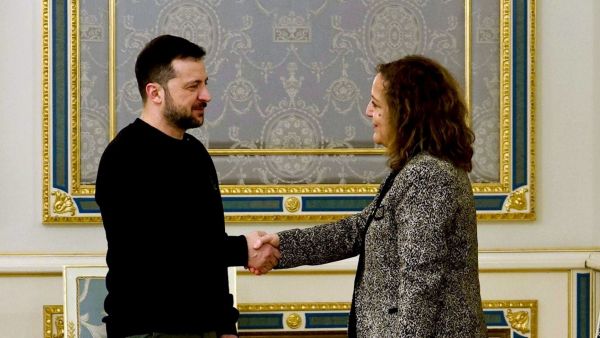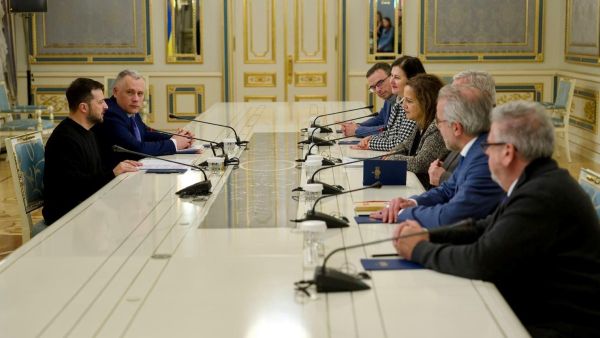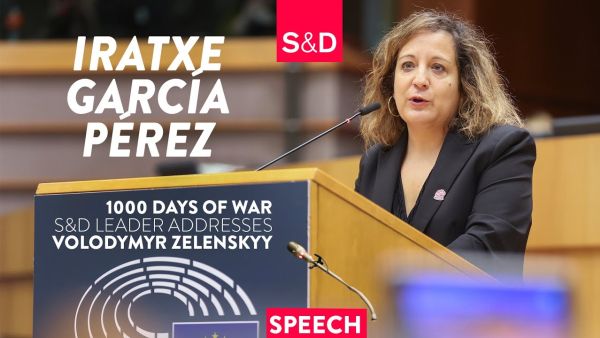“At the end of the Joint Parliamentary Assembly held in Brussels amongst European Union, African, Caribbean and Pacific countries representatives, the S&D Group reiterates its commitment to reach a post-Cotonou agreement based on a new approach able to tackle common challenges together.
“Economic and cultural development, sustainable growth and poverty reduction, rule of law and democracy, migration flows and climate change: these are the crucial issues to face in a reinforced and joint cooperation after 2020. On UN World Refugee Day, the S&D Group insists that it is not by raising further physical or mental barriers that we will solve the many issues at stake. On the contrary, it will be thanks to the strengthening of the cooperation and through sustainable development that we will be able to eradicate the root causes.”
S&D coordinator to the ACP-EU JPA, Maria Arena MEP, said:
“The Cotonou Agreement (and before that the Lomé Agreement) was a way for European countries to preserve their interests in their former colonies. After almost 20 years of the Cotonou Agreement, Europe must finally look at the future in its relations with African, Pacific and Caribbean countries (ACP) starting with a new paradigm through a win-win attitude.
“First, it will be essential to foster a lasting legal framework as a common reference for the next years of political, economic and cultural relations between the EU and the ACP Countries.
“Climate change, migration and development are some of the key common challenges that need common and joint action from Europe and all African, Pacific and Caribbean countries. As Europeans, we must work hard not only to cut our greenhouse gas emissions but also to commit to supporting ACP Countries to proceed along a sustainable development path.
“On migration, the new agreement should completely reverse the current approach that only looks at how to stop African people getting on European shores. We must facilitate free two-way mobility, encouraged by economic, cultural, touristic and political exchanges. It is not by building a wall that we are going to control the migration flows. On the contrary, it will be thanks to cooperation and development.
“In essence, the very core of our future relations should be in sustainable development. We will be working in order to make development aid to ACP Countries no longer just an option. It should be a binding requirement that all European countries adequately finance the ACP development fund. By working together, we will face the challenges of our common future.”
The vice-chair of the delegation to the ACP-EU JPA, S&D MEP Cécile Kyenge, said:
“The new agreements between the EU and the ACP countries are part of the global cohesion challenge. The binding dimension must not only be maintained but also strengthened by the new agreement. We have supported the ACP countries development through funding and the logic of public aid to development. We will have to make changes now, to adapt them to the present times. This is even more necessary as the EU has opened other means of cooperation with Africa in particular. For example the initiatives supported by the trust funds and the recent EU external investment plan, which intends to make the development actors’ framework more plural.
“However, it will be necessary to reaffirm the fact that these instruments accompany us in the fight against poverty, which remains the main objective of the cooperation, not only European towards Africa, but also in the global context, within the framework of the 2030 Agenda of the United Nations.
“We should also strengthen the parliamentary dimension of our relationship, which is the democratic guarantee that gives our agreements the necessary legitimacy.
“Finally, I insisted that we work to ensure the implementation of our decisions in national assemblies, so that the work we do can have an impact on national policies and the lives of their citizens”.
Related content
Find out more








